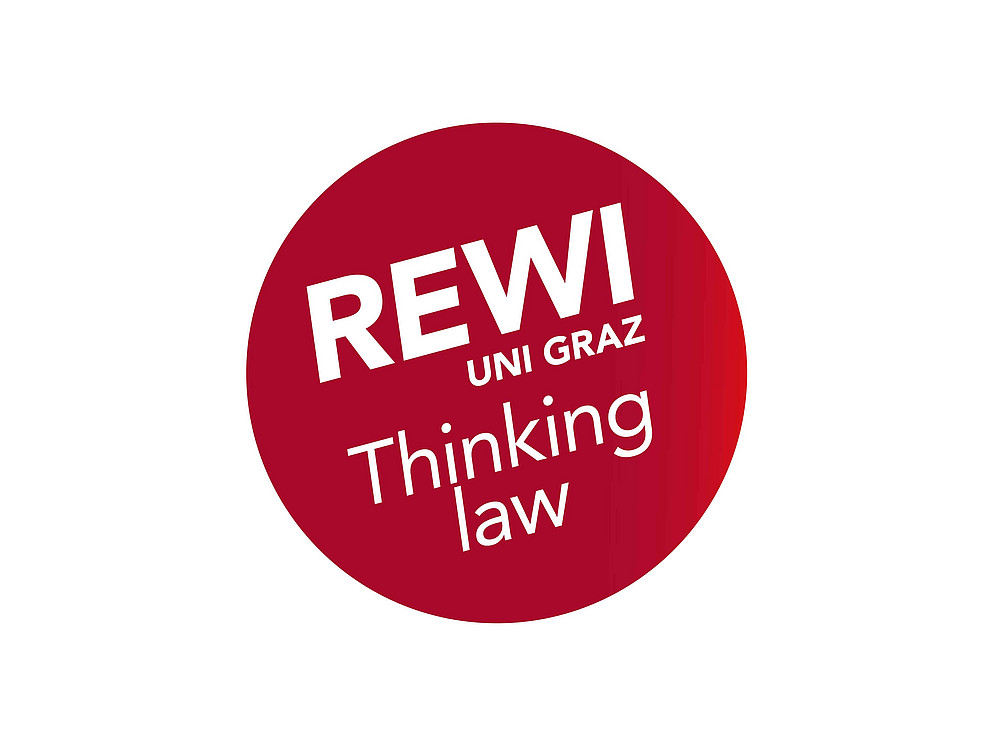Elisabeth Staudegger
Elisabeth Staudegger is a professor at the Faculty of Law at the University of Graz and head of the "Law and IT" Section at the Department of the Foundations of Law. She is a founding member of the interdisciplinary research network "Human Factor in Digital Transformation" (HFDT) and spokesperson for the Doctoral Academy consortium of the same name at the University of Graz.
Elisabeth Staudegger's research focuses on how trust in IT/AI can be promoted through law. In projects such as "TRUESSEC.eu", "VERDI" and "Learning Analytics", she works in interdisciplinary teams to develop catalogs of criteria to support the humane development and use of IT. Her national and international networking is reflected, for example, in her involvement in the "Colloquium Digitale" of the Austrian Academy of Sciences, the Atomium-EISMD research group "AI4People", the "AAstaRT" group on standardization and certification and as a member of the scientific advisory board of the European Training and Research Centre for Human Rights and Democracy (ETC) and the UNESCO International Centre for the Promotion of Human Rights at the Local and Regional Levels.

- The European path to regulating artificial intelligence - how AI challenges the law. In: JusIT. 16,1. 2023. 2-11.
- "Data ownership" - light and shadow of Austrian civil law dogmatics using the example of ownership of incorporeal objects. In: Faber, Wolfgang; Janisch, Sonja (ed.): Festschrift Peter Mader. Vienna. LexisNexis. 2022. 319-341.
- Liability privilege of the host provider or media ownership - tertium non datur. In: Austrian Law Journal. 2,1. 2015. 42-66.
- Editorships:
- Textbook on IT law (4th edition 2020)
- Intellectual Property. Yearbook (since 2012-2023, annually)
- ALJ (since 2014) and jusIT (since 2008)
Further publications in the research portal of the University of Graz
►Edu4Standards - Education for Standardization in the EU is a HorizonEurope Coordination and Support Action that brings together 18 partners from across Europe to strengthen the EU's expertise in the field of standards. Standards are essential for the efficient development of the digital, data-driven and green economy and for supporting the EU's interests in global markets. Nevertheless, the number of standardization experts in the EU could benefit from a pool of young professionals. Edu4Standards therefore aims to specify the standardization competences needed in the EU, analyse the fragmented teaching landscape and develop an innovative teaching approach to standardization suitable for different study contexts.
►LA - Learning Analytics:
Students generate a wide range of different data that is available to universities. As part of the project, this data is processed in such a way that it can be directly reported back to students. The tools developed can help students to optimize their learning behavior and thus better manage their studies. This increases studyability and the university is perceived more strongly as a supportive place of learning. The focus is on evidence-based learning support and intervention, whereby learning content and paths can be adapted to the needs of students - supplemented by individual support and feedback for all student groups in different teaching settings. The project is being implemented under the leadership of TU Graz together with the University of Graz and the University of Vienna.
►VERDI - Trust in digitalization using the example of systems for [partially] autonomous driving and driver assistance systems:
The ongoing digitalization and automation of many task areas through increasingly complex systems not only raises questions about their adequate use and social acceptance, but must also simultaneously address their conformity with European fundamental rights and values as well as their trustworthiness. In the automotive sector, these processes are reflected in the development of driver assistance systems, which are taking over ever more extensive driving functions and challenging the usual understanding of legal responsibility, safety and privacy.
